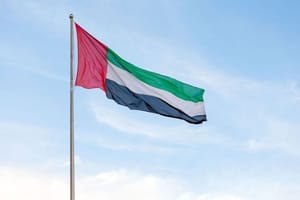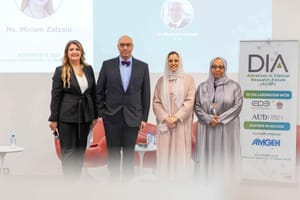MoHAP has adopted advanced tech solutions, to effectively collect and unify the data content and organise patients' healthcare records in the UAE by using single common terminologies within the "Riayati" platform.
This contributes to effectively compiling digital systems and integrating encoded clinical information into electronic health records.
Such solutions would help enhance the ministry's efforts to link healthcare facilities and strengthen their communication with one another, as well as facilitate the exchange of healthcare information, within the framework of a common model using internationally approved medical terms.
Dr. Abdulaziz Al Zarouni, Acting Assistant Under-Secretary for the Support Services Sector, said that it is a paradigm shift for the ministry in its quest to unify medical data documentation forms and healthcare data.
"Riayati" is a digital platform that offers an opportunity to store updated data of patient records and providing innovative solutions in the automation and management of health information.
Ali Al Ajmi, Director of Digital Health, MoHAP, said,
"The use of SNOMED CT would improve functionality and coordination between health facilities. It will also contribute to enhancing the exchange of organisational data, such as the eClaims Office of the Riayati platform, and the Dubai Health Authority's 'Nabidh' platform, and 'Malaffi' platform which links healthcare providers in the public and private sectors in Abu Dhabi.
"The electronically stored detailed data in this system would help increase access of hospitals, clinics and pharmacies across the UAE to electronic health records (EHRs) and electronic medical records (EMRs)."
With comprehensive and statistical data on medical analyses and population health in place, this system will also help hospitals expedite clinical decision-making in terms of patient care and insurance claims processing, in addition to supporting the measurement and monitoring of the quality of care and the use of the resources, he added.
Also, the stored data will contribute to detecting any inappropriate processes, tracking public health and risks, as well as supporting the management of healthcare services, and facilitating the sharing of data regarding costs and outcomes of treatment options for patients.
News Source: Emirates News Agency









